Adopted Daughter’s Unexpected Move After Graduation Shatters Family’s Hidden Truths
Parental favoritism is hurtful and causes deep-seated resentment
Image credits: David Veksler / Unsplash (not the actual photo)
A teenage girl accepted the fact that her little sister was her parents’ favorite
Image credits: Dushawn Jovic / Unsplash (not the actual photo)
However, things came to a head one day when her folks missed her graduation because they chose her younger sibling’s expensive request
Image credits: Max Kolganov / Unsplash (not the actual photo)
It pushed her to leave their home, but her parents began using it against her
Image credits: fortnite_meow
Most parents are unaware that they are playing favorites and ultimately hurting the least favored child
Ask any parent, and they will likely say they don’t have a favorite among their children. Statistics, however, tell a different story.
According to a 2020 study published in Frontiers in Psychology, favoritism, or what is more formally known as parental differential treatment (PDT), occurs in up to 65% of families.
But here’s the thing: parents are likely unaware that they are playing favorites and causing long-term psychological and mental damage to their child.
According to Laurie Kramer, an applied psychology professor at Northeastern University, parents may unknowingly favor the child who is easier to deal with or whom they can relate to more.
Kramer has conducted studies on adolescents and their parents, finding that families often overlook such issues. She adds that having open conversations may help avoid more significant problems, even if biases are at play.
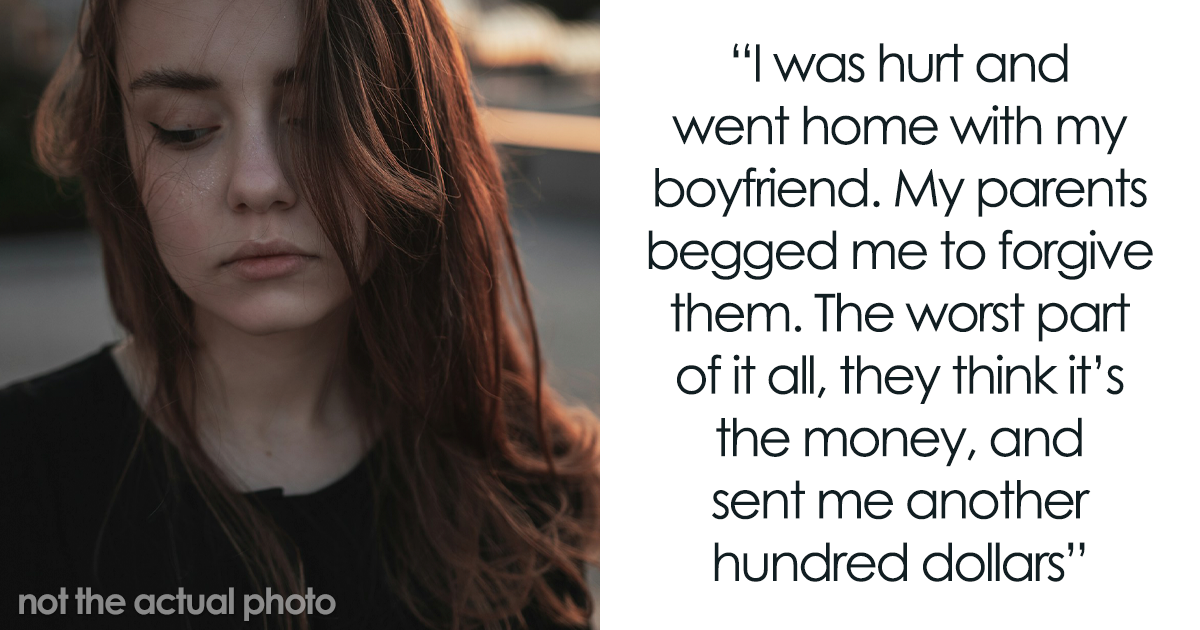
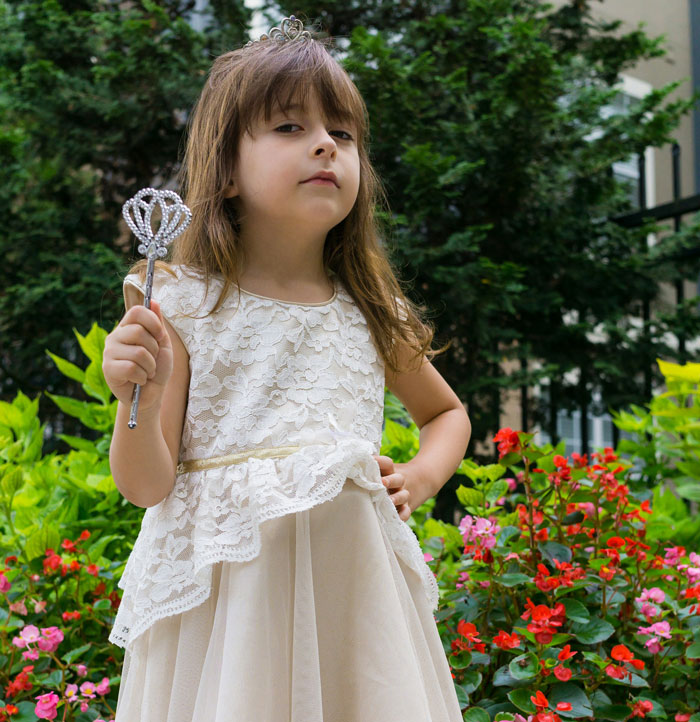
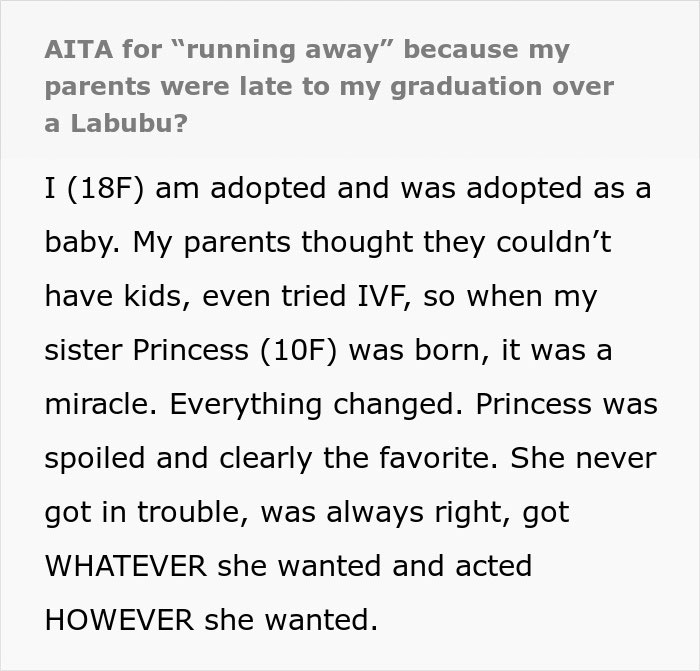

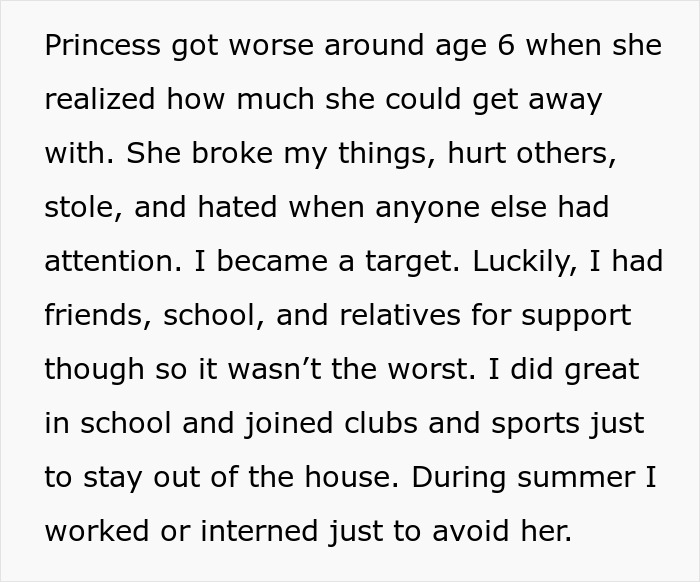
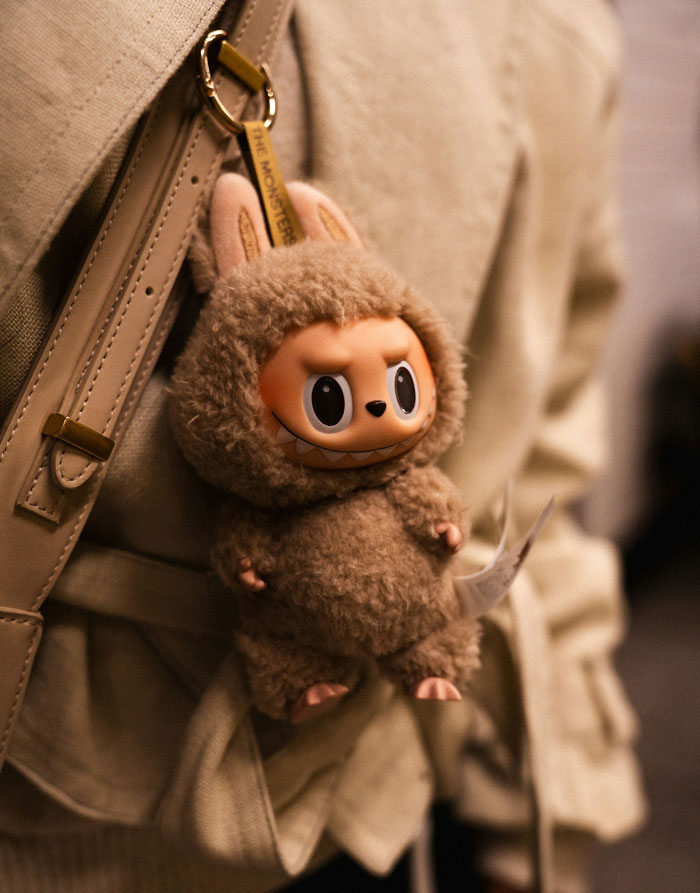
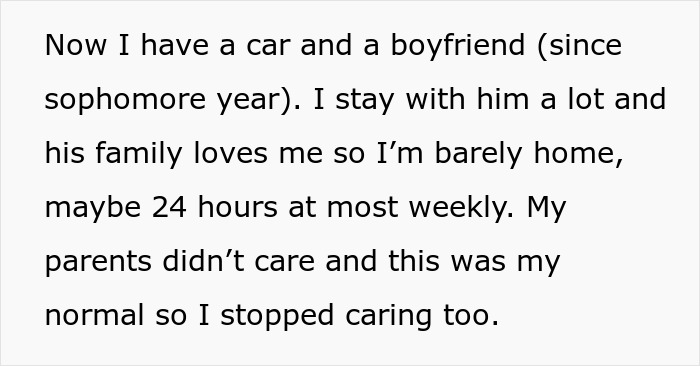
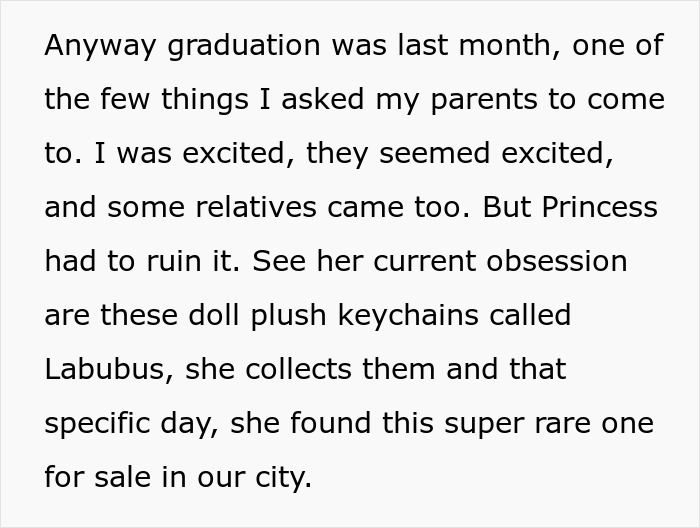
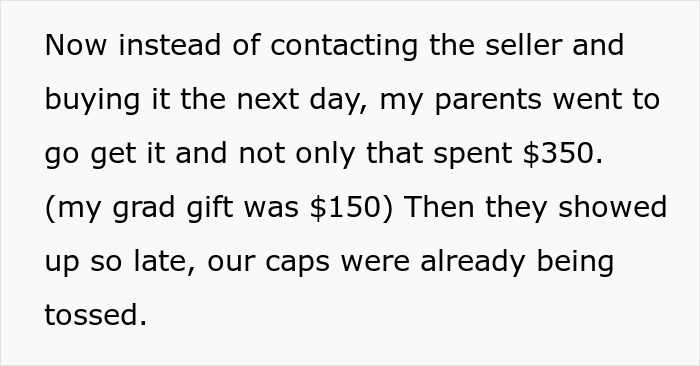

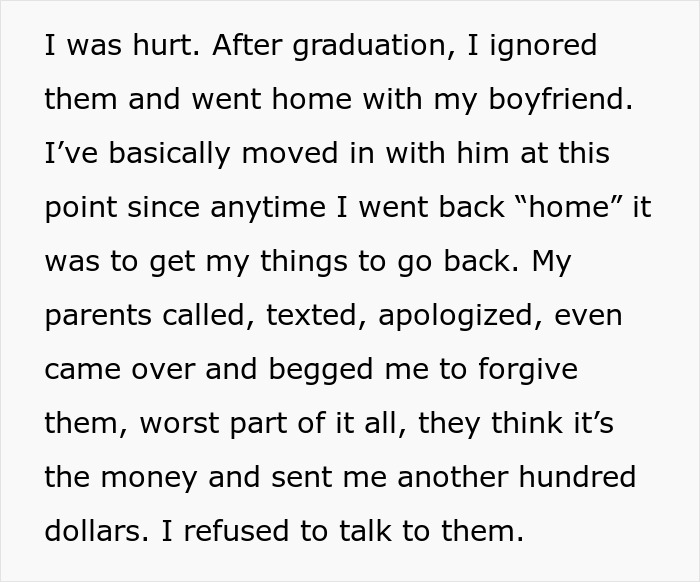
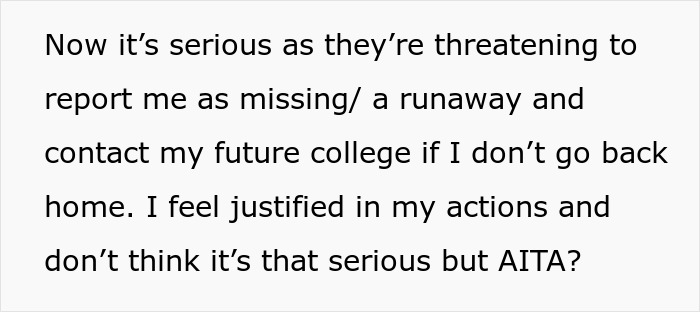
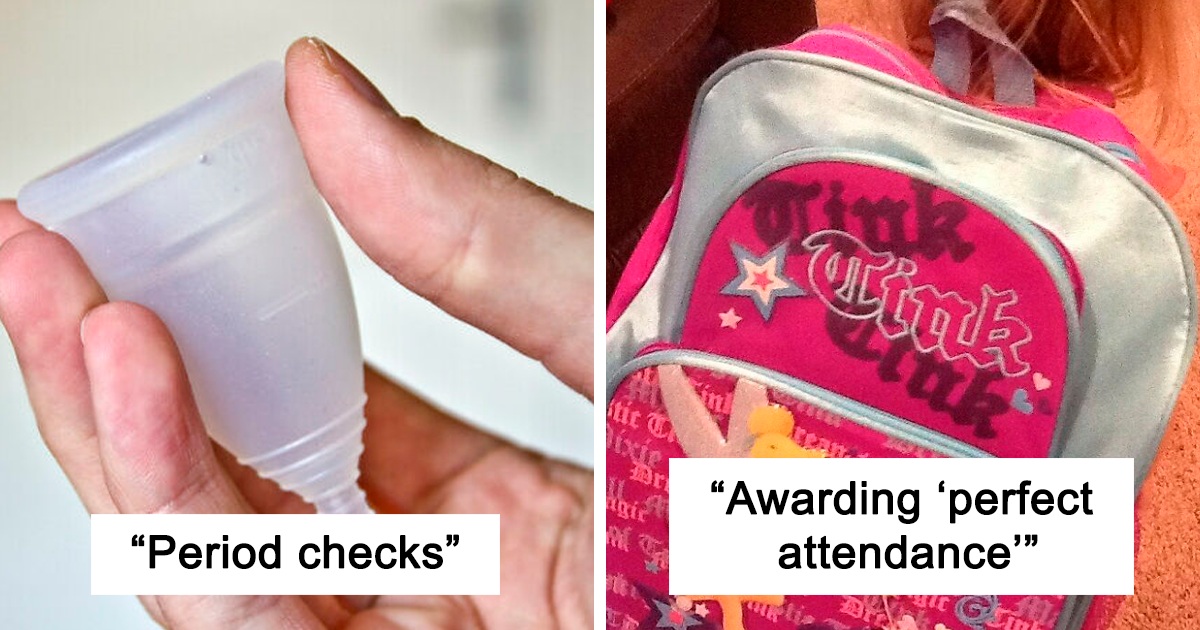
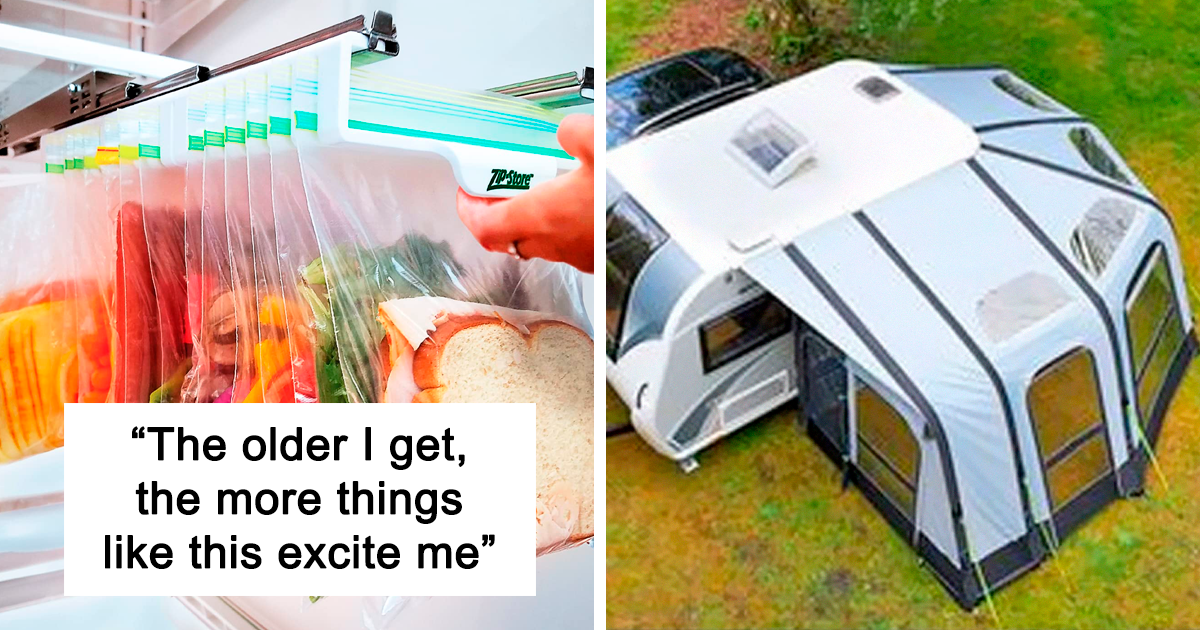




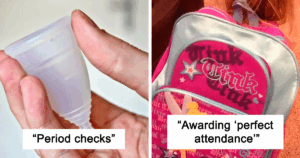

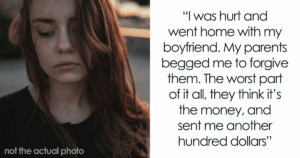


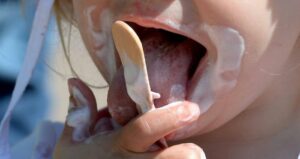
Post Comment